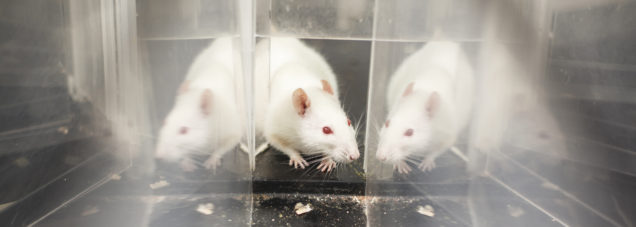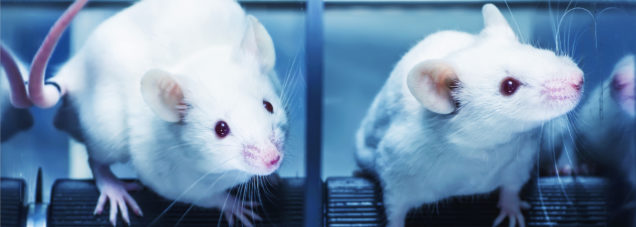Frailty
What is frailty?
Frailty is a common clinical syndrome in older adults that carries an increased risk for poor health outcomes including falls, hospitalization, disability, and mortality. It is estimated that 25-50 percent of those aged over 85 years are frail. Those who are frail have a significantly reduced quality of life.
Gap in our understanding
Currently, there is limited knowledge and understanding about frailty development, frailty mechanisms, which interventions may be effective, and the specifics of how frailty changes clinical risks or outcomes. Indeed, there is a lack of evidence to guide clinicians in identifying, assessing, and dealing with frailty.
Preclinical studies
Preclinical animal studies can provide the empirical evidence needed in the clinic. In particular, preclinical animal studies can help us understand the mechanisms of frailty, identify potential biomarkers, and explore interventions to modulate frailty. Preclinical animal models provide an invaluable opportunity to investigate and understand aspects of frailty. These investigations are critical and have the potential to synergize with human studies.
Our research team is working to develop frailty assessment tools for use in preclinical studies. The tools to quantify frailty in mice provide researchers with the ability to look at the association of physiological changes across every system with frailty, to try and understand the underlying mechanisms of frailty.



